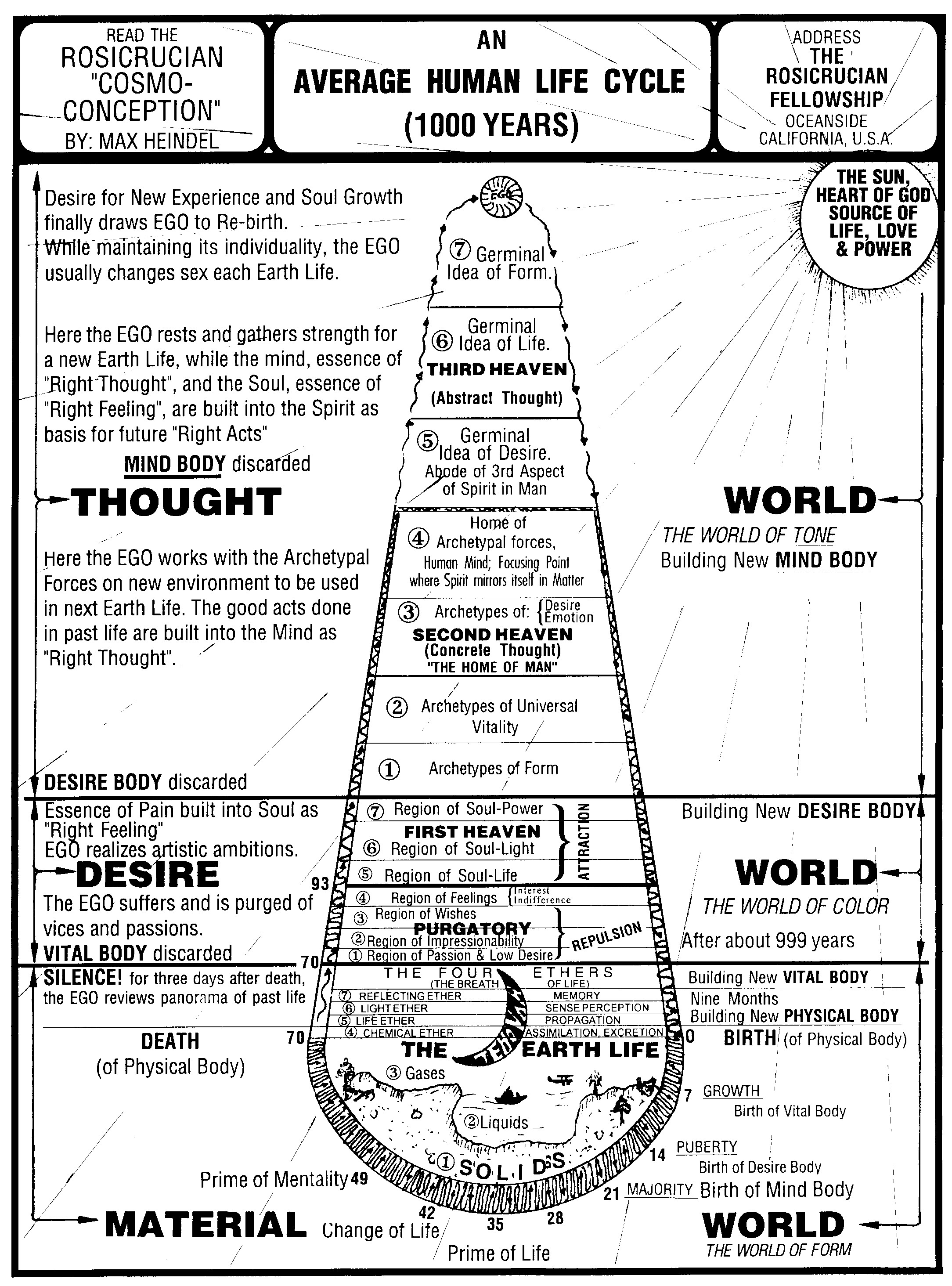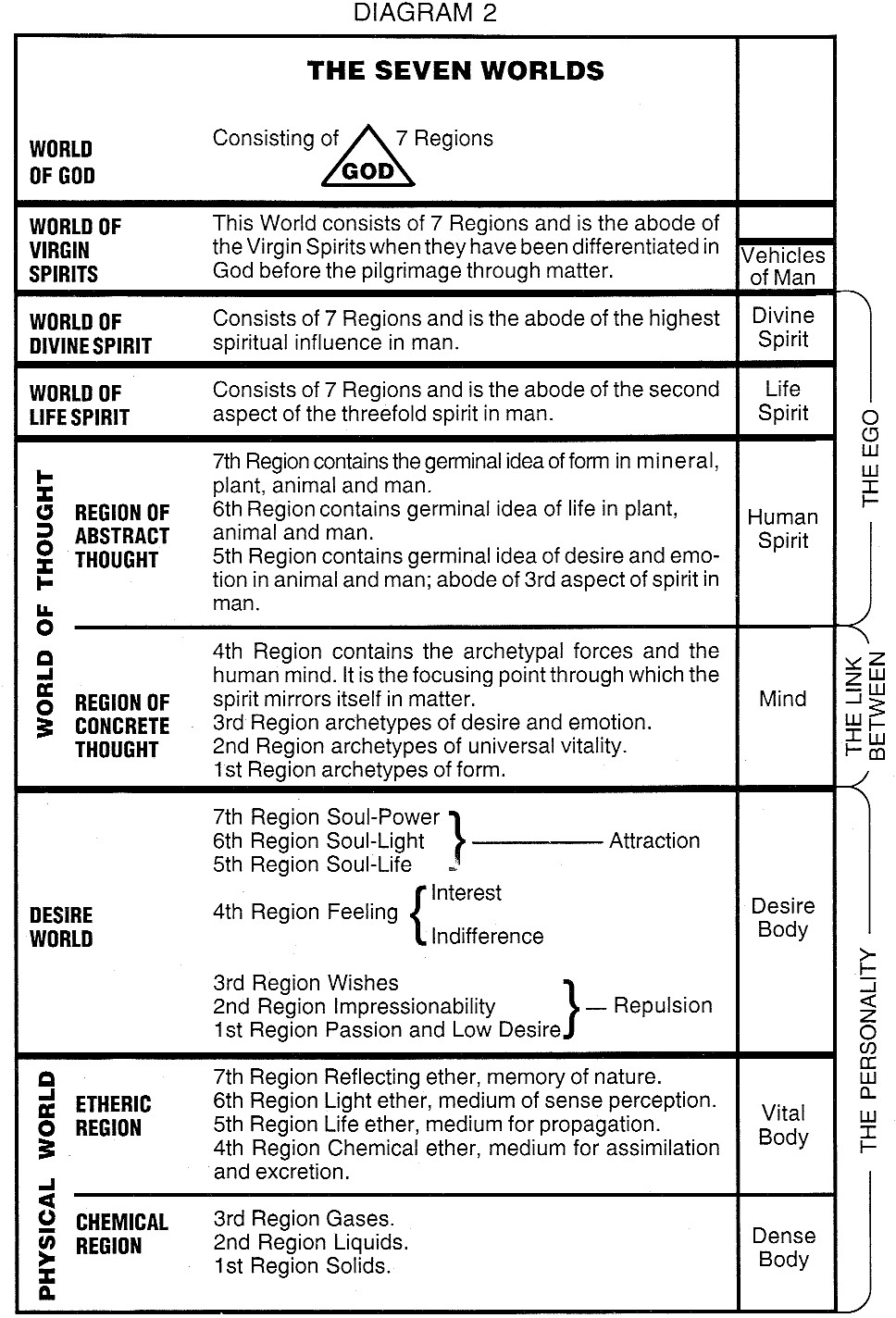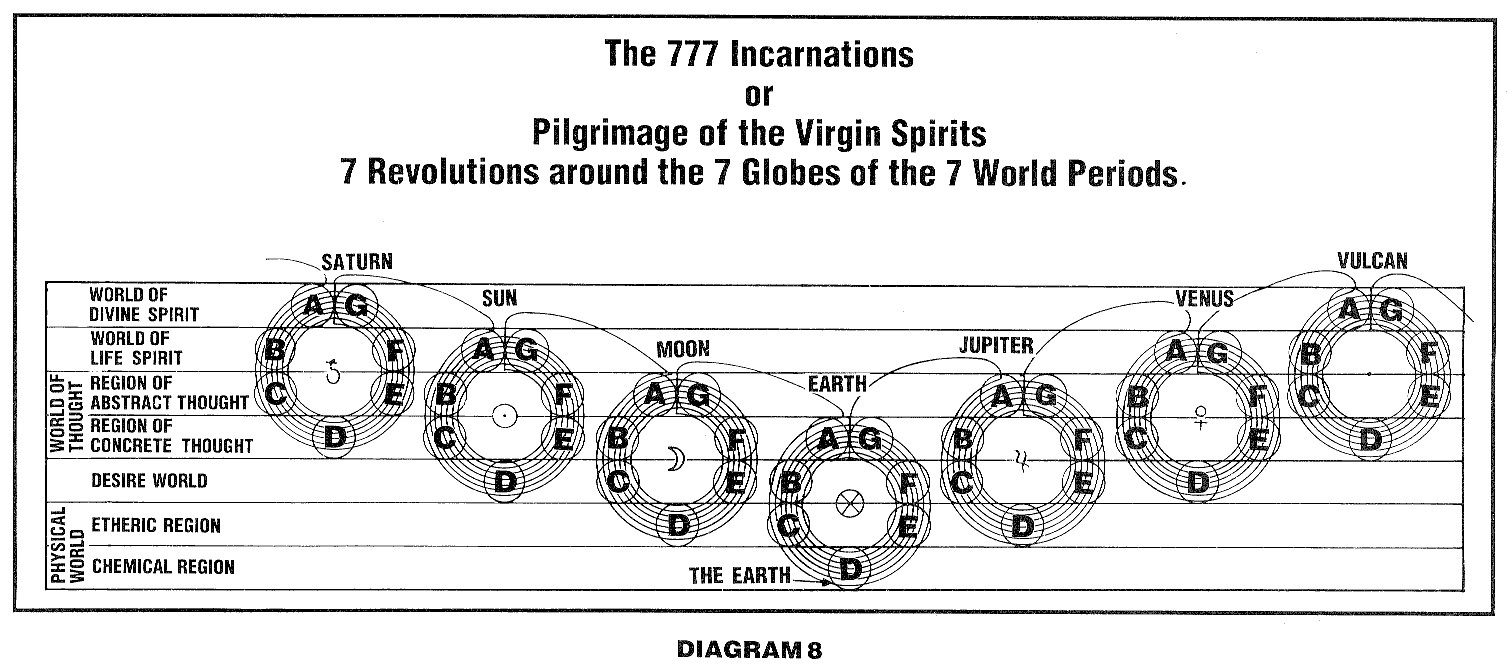
| rosicrucianU.com | ||
| Simplified Scientific Christianity |

References: Matthew 10:32-33; I John 1:9; Romans 14:11; 15:9; James 5:16; Revelation 3:5; Matthew 10:34.
Confession and Absolution: If one thinks of confession and absolution as practiced in the Catholic Church, it may be stated that the priest, certainly, has no power to forgive the sins of the penitent, and the practice of confession by order of a church is usually but an outward show of penitence, putting one in mind of the prayer of the Pharisee who went into the temple that he might be seen of men.
If, on the other hand, confession is made in the spirit of the publican, which is the spirit of true penitence, then there is a certain value, for as a little child who has committed a wrong feels conscience smitten and sorry, so may we feel extremely penitent for our sins of omission and commission.
It is a fact often noticed by kind parents that penitence in silence is sometimes insufficient to the child which feels the need of going to the parent and confessing its sin. When the forgiveness of the parent has been obtained its conscience is at rest. So also with the child of God. We sin and we are sorry for our sins; we determine not to commit this or that wrong again but if we confess to someone in whom we have faith, and get their sympathy and assurance that this wrong will not be held against us, we shall feel easier in conscience.
That was the principle underlying the command of the Bible, "Confess your sins to one another." The one to whom we confess will, of course, be a person for whom we have a profound respect and love, and he or she will stand toward us at that moment as the representative of God in our own higher nature, and we shall feel very much relieved at having received his sympathy. But we shall feel also that the pact we have made with ourselves not to commit the sin in question again has been strengthened by having him as a witness. If confession is made thus, and absolution so obtained, then it has undoubtedly a very beneficial effect.
The Value of Ritual: At the present time all humanity has evolved so far that they are above law in some effects. Most people obey the law, "Thou shalt not steal," for instance.
Law is a curb on the desire nature, but where esoteric or rather spiritual advancement is contemplated, the spiritualization of the vital body must also be accomplished. And that is attained by means of art and religion, in oft-repeated impacts, for the keynote of the vital body is repetition, as we can see by looking at the plants which have only a dense body and a vital body. There stem and leaf follow each other in upward succession; the plant keeps on growing them alternately. It was the vital body that built the vertebrae of the human spine one after another by constant repetition. And memory, for instance, which is one of the faculties of the vital body, is strengthened and developed by constant iteration and reiteration.
When the Protestants left the Catholic Church they truly left many of the abuses behind, but they also left almost everything of value. They abandoned the ritual which everyone may know and understand regardless of poor enunciation upon the part of the preacher. Knowing the ritual, the laity could send their thoughts in the same direction as the thought of the priest who was reading, and thus an enormous volume of identical spiritual thought was massed together and projected upon the community for good or evil.
Nowadays the congregation in a Protestant Church listens to the extemporaneous prayer or sermon of their minister, who usually does not think so much of the spiritual work before him as he does of how he may turn out the most harmonious phrases to tickle the ears of his congregation. They often forget what he has said before they leave the church. Those who go to a Catholic Church understanding the ritual are still today able to unite their thoughts in spiritual conclave and keep within memory that which has been gone through. Thus they are every time adding a little to the spiritualization of their vital bodies, while the Protestant church members have been affected only in their emotional natures, and that effect is soon thrown out. The Bible tells us to pray without ceasing, and many have scoffed saying that if God is omniscient, He knows whereof we have need without our prayer, and if He is not, He can hardly be omnipotent. Therefore our prayers are not granted, and it is useless to pray. But that command was written from a knowledge of the nature of the vital body, which needs that repetition in order that it may be spiritualized.
As to the use of the Latin language, it is stated in the first chapter of John that in the beginning was the word..... and without it was nothing made that was made. Word is sound. If we take sand or plant spores and place them upon a brass or a glass plate, then take a violin bow and draw it across the edges, we shall produce sound. That sound will cause the spores or grains of sand to arrange themselves in geometrical figures, similar to the crystals of which all things are composed. Every sound produces a different formation. Thus, if a certain sound produces a certain effect which we wish to produce, we cannot change the sound without also changing the effect. If we emit a certain sound and say "Deum", then translate Deum and say "God," the sound is very different, as the sound produces certain effects upon our invisible bodies, the effects that were produced by the original Latin ritual have been lost to the Protestant churches which changed it into English or dropped it altogether.
"I came not to send peace but a sword.": It is said that the "law and the prophets were until Christ," and there are four steps whereby man lifts himself to God. At first, when he awakens to a consciousness in the physical world and is in the savage state, he finds himself surrounded by other men, who by the very stress of circumstances are forced to fight for life, men among whom "might is right": Here he learns to rely upon his own strength to save him from the onslaughts of wild animals and other men. But he perceives around him the nature powers, and of them he is afraid, for he knows their ability to kill and his own impotence to cope with them. He therefore begins to worship, seeking to propitiate the God he fears, by bloody sacrifice.
Then comes the time when he begins to look to God as the giver of things, who will reward him here and now for obedience to His law and punish him instantly for disobedience. This God is a mighty ally against his (man's) enemies but also a powerful enemy, therefore He is much to be feared. Man thus worships and sacrifices animals through fear and avarice.
Then comes the stage when he is taught to worship a God of love and to sacrifice himself from day to day, through his whole life, for a reward in a future state which he is to believe in by faith and which is not even clearly outlined.
Finally man will reach a stage when he will recognize his divinity and do right because it is right without thought of fear or bribe.
The Jews had reached the second of these stages and were under the law. The Christian religion is gradually working through the third stage, though not yet freed from the second. All of us are yet under laws made by God and by man in order to curb our desire bodies by fear, but to advance us spiritually from now on we must sensitize our vital body, which is amenable to love, while not at all cognizant of law which governs the desire nature.
In order to prepare this coming state, the priests, who were more advanced than the ordinary people, kept separate and apart from them. We hear in the East that only a certain caste, the Brahmins, were allowed to enter the temples and perform the temple services. Among the Jews, only the Levites were allowed to approach the holy place, and among other nations it was the same. The priests were always a distinct class, who were not allowed to marry among ordinary people. They were separate and apart in every respect.
That was because the leaders of humanity could use only the strain where there existed a certain laxity between the vital body and the dense body. And so they bred these priests and herded them around the temples, regulating their life in every respect. But at the time when Christ was liberated from the body of Jesus and diffused His Being throughout the whole Earth, the veil was rent, as a symbol of the fact that the need for any special condition had passed away. From that time on the ether has been changing in the Earth. An increasingly higher rate of vibration allows for the expression of altruistic qualities. It was the starting of that enormous vibration which caused the darkness said to have attended the crucifixion. That was not darkness at all, but an intense light which blinded people for the time being until the vibrations slowed down by immersion in the dense, physical earth. A few hours later the radiant Christ Spirit had drawn into the Earth sufficiently to restore normal conditions. But gradually the power from within is gaining ascendancy, and the etheric vibrations are being accelerated, increasing altruism and spiritual growth. Thus the conditions are now such that no special or privileged class need exist, but each and every one may aspire to enter the path of Initiation.
However, old conditions die hard. Under the regime of Jehovah, the Spirit of the Moon, humanity had been broken up into nations, and in order that He might guide them it was necessary that He should at times use one nation to punish another, for humanity was not then amenable to love — it would obey only under the lash of fear. Before the great Universal Brotherhood of Love can be inaugurated it is necessary to break up these nations on the same principle that if we have a number of buildings composed of bricks and we wish to build them into one grand structure, it is necessary first to break them to pieces so that the individual bricks will be available for use in the larger building. Therefore, the Christ said, "I came not to send peace, but a sword."
We must outgrow patriotism and learn to say as that great soul, Thomas Paine, "The world is my country, and to do good is my religion." On the holy night when the Christ child was born, the angels sang a song, "Peace on Earth and Good Will among Men." Later, the child grew up and said, "I came not to send peace, but a sword." and the Christian religion has been the bloodiest of all religions of humanity. It has carried desolation and sorrow with it wherever it has gone, but out of all that travail there will yet come the day when the song of the angels will become a fact and the words of the Christ uttered at other times concerning love to one's neighbor will be lived. When the sword has done its work it will be beaten into plowshares, and there will be no more nations.
(You are welcome to e-mail your answers and/or comments to us. Please be sure to include the Independent Study Course name and Module number in your e-mail to us. Or, you are also welcome to use the answer form below.)
1. In what spirit must confession, to be of value, be made?
2. Describe the exercise which is better than confession.
3. Explain the principle underlying the value of ritual.
4. What are the four steps by which man lifts himself to God?
5. Through which of these stages is the Christian religion working?
6. Explain the statement: "The veil was rent."
7. Why must nations be abolished?

|

|

|
|
|
Contemporary Mystic Christianity |
|
|
This web page has been edited and/or excerpted from reference material, has been modified from its original version, and is in conformance with the web host's Members Terms & Conditions. This website is offered to the public by students of The Rosicrucian Teachings, and has no official affiliation with any organization. | Mobile Version | |
|